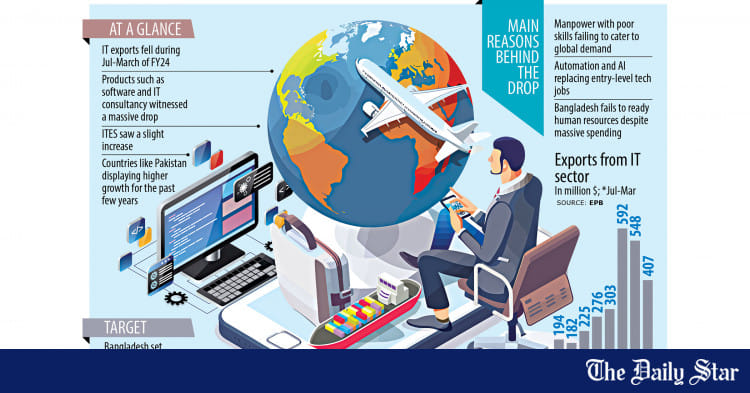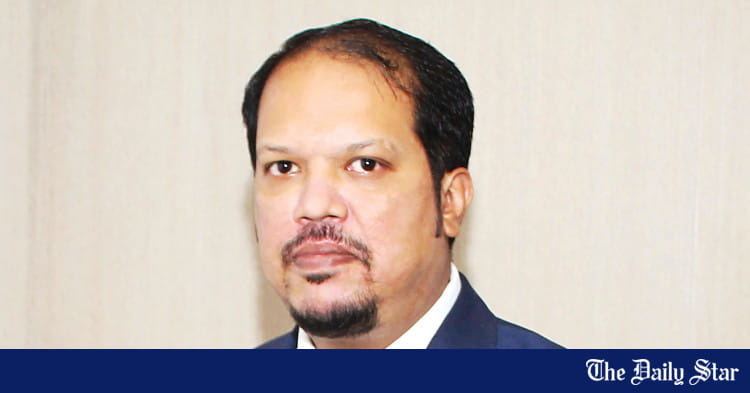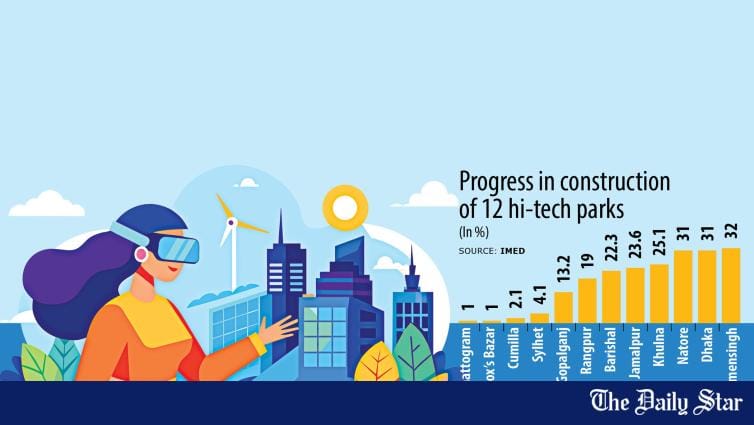Saif
Senior Member
- Joined
- Jan 24, 2024
- Messages
- 17,219
- Likes
- 8,260
- Nation

- Residence

- Axis Group


Mobile internet speed must reach a face-saving level
MOBILE network operators have expanded their reach and improved their technological infrastructure, but they have, sadly, failed to maintain mobile internet...
 www.newagebd.net
www.newagebd.net
Mobile internet speed must reach a face-saving level
16 June, 2024, 00:07
MOBILE network operators have expanded their reach and improved their technological infrastructure, but they have, sadly, failed to maintain mobile internet speed. In Ookla's Speedtest Global Index for April, Bangladesh ranked in the 110th position in mobile internet speed, slightly up from the previous ranking, but not promising. The latest report shows that the average internet download speed was 23.83 Mbps, a slight decline from the 24.59 Mbps reported in March. In the Digital Quality of Life Index 2023, Bangladesh ranked in the 82nd out of 121 nations, 73 per cent slower than India. In May, the Telecommunication Regulatory Authority held a public hearing where users complained of poor network coverage, slow internet speed and 'unjust' balance deduction. The regulators mentioned an uneven distribution and an increasing building density as reasons for the poor speed and assured that they are working with city development authorities to include digital connectivity issues in the building code. That Bangladesh is still struggling to maintain the global average download speed makes it obvious that monitoring without a scientifically informed policy and proper network infrastructure will not guarantee internet speed.
Bangladesh's performance in broadband internet speed is equally disappointing. The Oakla report says that the median fixed broadband download speed for April was 46.52 Mbps, an increase from the previous report but still far from the global median internet speed. In November 2023, the capital city was ranked in the 140th position out of 172 cities with a median download speed of 17.8 Mbps. Global organisations also consider internet affordability, electronic infrastructure, electronic security and electronic government as fundamental pillars that define digital quality of life and the status of digital democracy. A government relying so heavily on the rhetoric of building a digital Bangladesh has not only restricted online spaces but also proved very slow in improving digital literacy. A recent study by the United Nations Children's Fund and the Bangladesh authorities reported that three-fourths of the 30.9 million youth do not have the expected level of digital skills and about 57.8 per cent are without the secondary-level skills needed for employment. Setting aside the issues of internet freedom and digital literacy, information and technology experts also blame the government for its flawed policy. Some experts term the telecommunications policy dysfunctional because only 20 per cent of mobile towers are plugged with fibre-optic cable in the 184 million-plus subscribers' market.
The statistical scenario of the quality of digital life in Bangladesh suggests that the government's claim about building a digital Bangladesh is largely unfounded. In reality, the government's strategy of digital governance is more focused on curtailing online freedom and expanding the reach than ensuring the quality of internet services. The government must, therefore, review its telecommunications policy and address the concerns.
16 June, 2024, 00:07
MOBILE network operators have expanded their reach and improved their technological infrastructure, but they have, sadly, failed to maintain mobile internet speed. In Ookla's Speedtest Global Index for April, Bangladesh ranked in the 110th position in mobile internet speed, slightly up from the previous ranking, but not promising. The latest report shows that the average internet download speed was 23.83 Mbps, a slight decline from the 24.59 Mbps reported in March. In the Digital Quality of Life Index 2023, Bangladesh ranked in the 82nd out of 121 nations, 73 per cent slower than India. In May, the Telecommunication Regulatory Authority held a public hearing where users complained of poor network coverage, slow internet speed and 'unjust' balance deduction. The regulators mentioned an uneven distribution and an increasing building density as reasons for the poor speed and assured that they are working with city development authorities to include digital connectivity issues in the building code. That Bangladesh is still struggling to maintain the global average download speed makes it obvious that monitoring without a scientifically informed policy and proper network infrastructure will not guarantee internet speed.
Bangladesh's performance in broadband internet speed is equally disappointing. The Oakla report says that the median fixed broadband download speed for April was 46.52 Mbps, an increase from the previous report but still far from the global median internet speed. In November 2023, the capital city was ranked in the 140th position out of 172 cities with a median download speed of 17.8 Mbps. Global organisations also consider internet affordability, electronic infrastructure, electronic security and electronic government as fundamental pillars that define digital quality of life and the status of digital democracy. A government relying so heavily on the rhetoric of building a digital Bangladesh has not only restricted online spaces but also proved very slow in improving digital literacy. A recent study by the United Nations Children's Fund and the Bangladesh authorities reported that three-fourths of the 30.9 million youth do not have the expected level of digital skills and about 57.8 per cent are without the secondary-level skills needed for employment. Setting aside the issues of internet freedom and digital literacy, information and technology experts also blame the government for its flawed policy. Some experts term the telecommunications policy dysfunctional because only 20 per cent of mobile towers are plugged with fibre-optic cable in the 184 million-plus subscribers' market.
The statistical scenario of the quality of digital life in Bangladesh suggests that the government's claim about building a digital Bangladesh is largely unfounded. In reality, the government's strategy of digital governance is more focused on curtailing online freedom and expanding the reach than ensuring the quality of internet services. The government must, therefore, review its telecommunications policy and address the concerns.








































